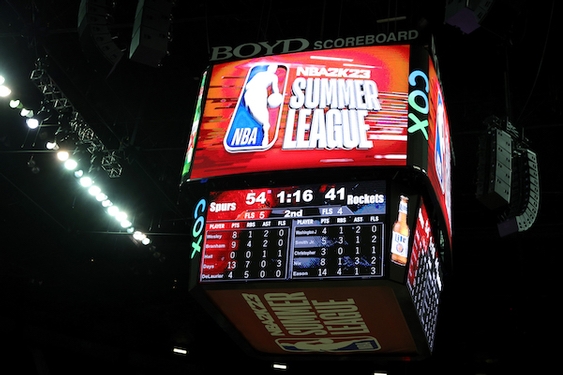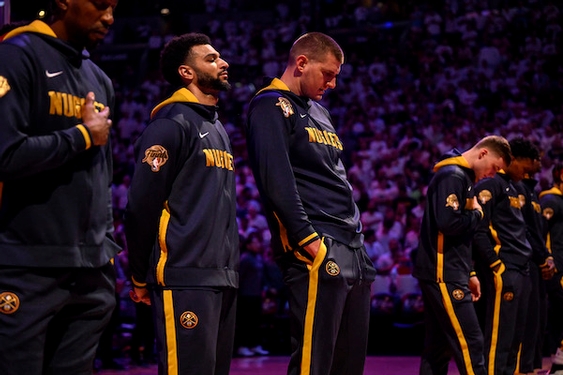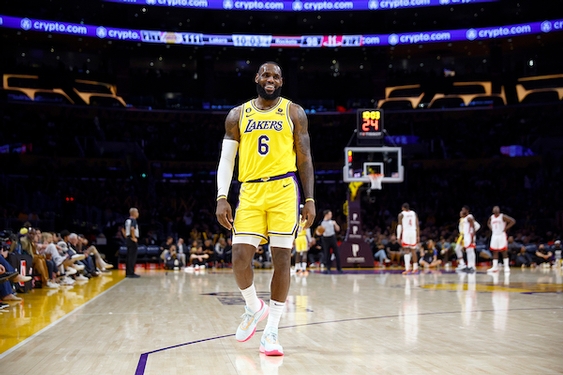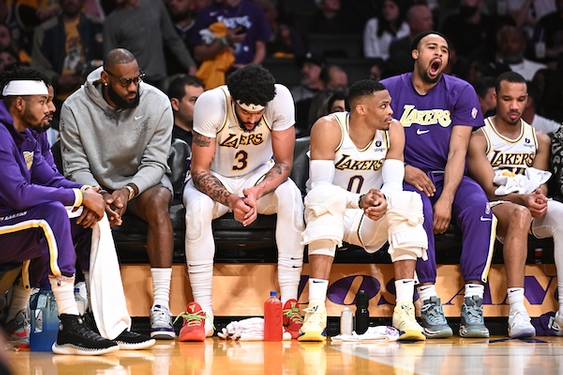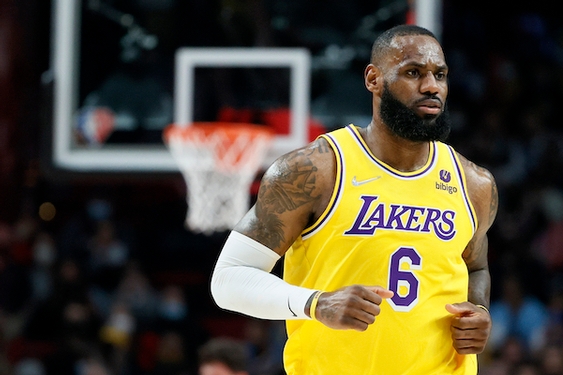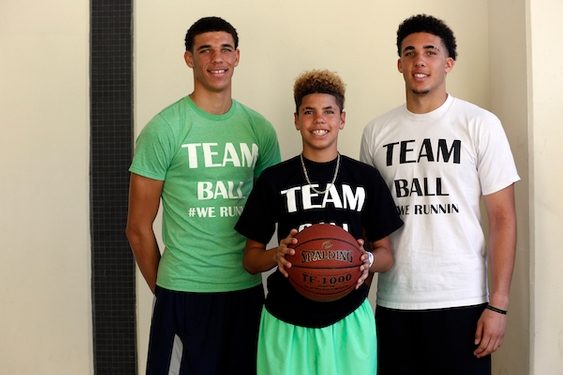Most NCAA recruits get offered full scholarships, are actively pursued by college coaches and get their grades bumped just so they can play.
Actually, none of the above is true. But they are common myths about college recruiting.
Many would be surprised to learn that making the team actually takes hard work and determination. And even the recruits themselves are often uninformed about the process.
Another common misconception is that NCAA athletes get to go to college for free.
“Less than 50 percent of all NCAA athletes get a single dollar of athletic scholarship aid,” says Ray Lauenstein, the author of two college recruiting guides.
And holding out for an athletic scholarship is a bad idea.
“You could have possibly been recruited to a non-scholarship school, but received a better grant and aid package.” Lauenstein says. “This is usually better than the few dollars of scholarship money the average player gets.”
With thousands of talented players hoping to be recruited, colleges don’t have the time to search and find every single one.
“Be proactive in calling, e-mailing and connecting with coaches,” Lauenstein says. “Create opportunities to be evaluated by coaches from schools that you have an interest in. This means showcases, tournaments and traveling.”
Lauenstein also warns athletes that receiving a letter from a coach does not automatically mean you are being recruited. And most likely, that same letter was also sent to 5,000 other players."
“Not until you have been evaluated academically and athletically will the actual recruiting process occur,” Lauenstein says. “Follow-up on the letter, it is only the beginning.”
And talent isn’t enough. Coaches also look at a recruit’s academic performance when making their decisions.
“SAT [scores] and GPA are the first things a coach will look at,” Lauenstein says. “New NCAA rules tying scholarships to the academic success of a team are only making coaches more aware of each recruit’s likelihood to sink or swim academically.”
Additionally, a recruit’s attitude can weigh heavily for or against them.
“The coach looks for players whose personalities will fit into their system,” Lauenstein says. “I have stories from coaches who stopped recruiting or scouting players before they walked on the field because they saw a bad attitude.”
© 2006, Knight Ridder/Tribune Information Services.




